Fostering Community Strategies For Saving the World’s Oceans

Getting coastal communities involved in plans to protect their waters is critical for protecting the planet’s oceans. In an interview with Yale Environment 360, conservationist Ayana Elizabeth Johnson talks about her work in one Caribbean island and how it shows how such a strategy can get results.
El Salvador Restores Biodiversity
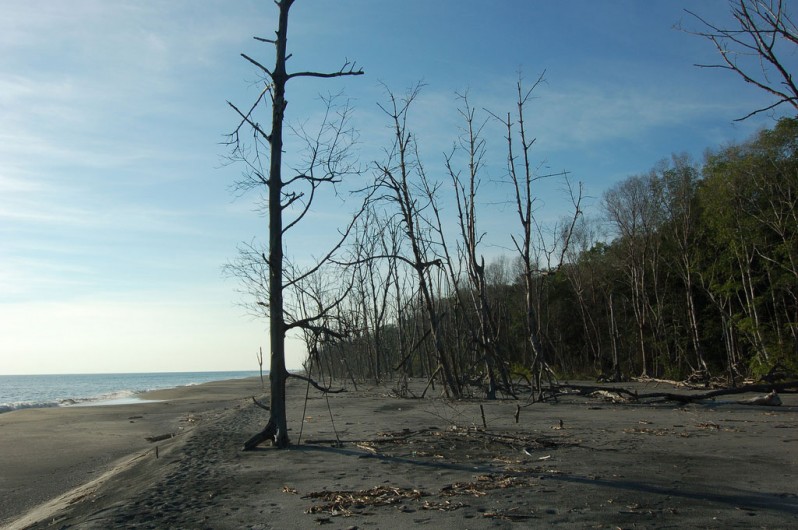
Local organisations and the environment ministry launched The National Programme for the Restoration of Ecosystems and Landscapes (PREP), seeking to restore ecosystems like forests and wetlands and preserve biodiversity, as part of what its promoters describe as “an ambitious national effort to adapt to climate change,” whose impacts are increasingly severe in this small Central American nation of 6.2 million.
Albania’s Coastal Wetlands: Killing Field for Migrating Birds
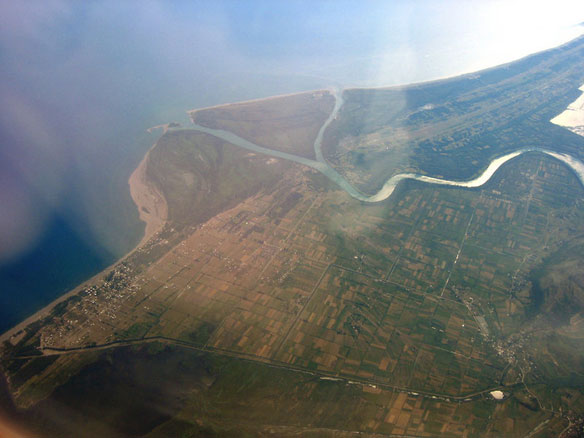
Albania’s wetlands are officially protected under national and international agreements, but signs of illegal harvesting are abundant, suggesting a far different reality.
Bamboo Could Be a Savior for Climate Change, Biodiversity

The plant bamboo, and there are about 1,250 different species, has a very important role to play in environmental protection and climate change mitigation. Bamboos have very strong and extensive root systems and are amazing tools to combat soil erosion and to help with land degradation restoration.
Global Economy To Lose Billions Without Action To Stop Ocean Acidification, UN Report Warns
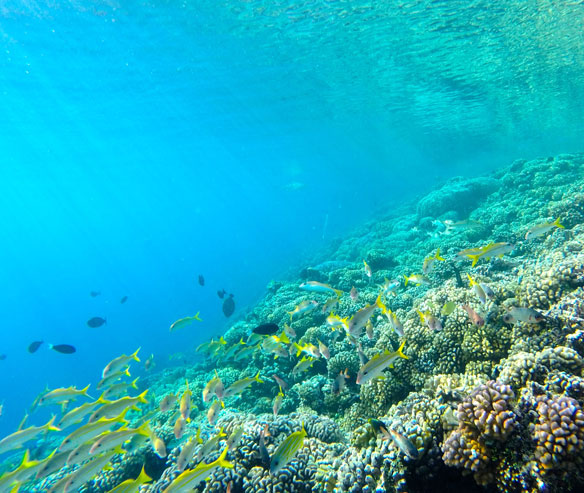
The global economy could be losing as much as $1 trillion annually by the end of the century if countries do not take urgent steps to stop ocean acidification, says a United Nations report launched Wednesday in Pyeongchang, Republic of Korea (ROK).
Great Barrier Reef Dredge Approval Was ‘Suicide’ For Reef Authority
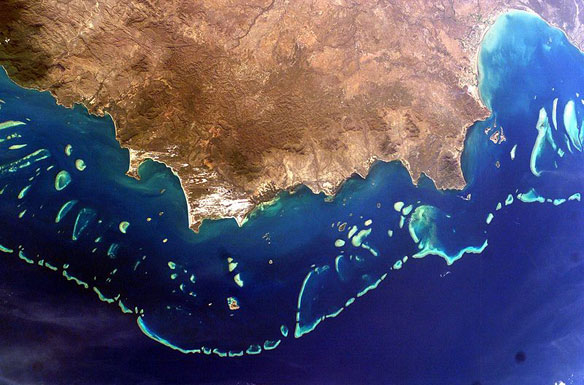
One of the world’s leading coral reef scientists says Great Barrier Reef Marine Park Authority has lost its credibility and budget cuts left it unable to protect the world heritage site.
Major Conference On Biodiversity Warns Against ‘Business As Usual’ Behaviour, Consumption

The report, Global Diversity Outlook 4 was released today at the start of the 12th meeting of the Conference of the Parties to the Convention on Biological Diversity, known as COP-12. Continuing with ‘business as usual’ in our present patterns of behaviour, consumption, production and economic incentives will not allow us to realize the vision of a world with ecosystems capable of meeting human needs into the future.
How Wolves Change Rivers – Video
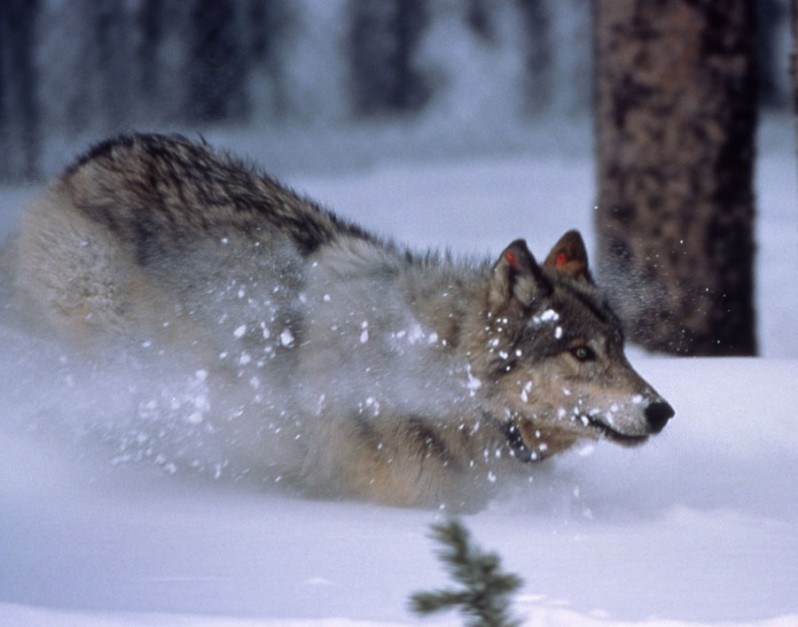
Wolves are top predators that have far-reaching beneficial effects upon entire ecosystems — including the structure of rivers. An amazing Video narrated by George Monbiot, environmental activist and writer at Guardian UK.
Earth Lost 50% Of Its Wildlife In The Past 40 Years, WWF Reports

The number of wild animals on Earth has halved in the past 40 years, according to a new analysis. Creatures across land, rivers and the seas are being decimated as humans kill them for food in unsustainable numbers, while polluting or destroying their habitats.
